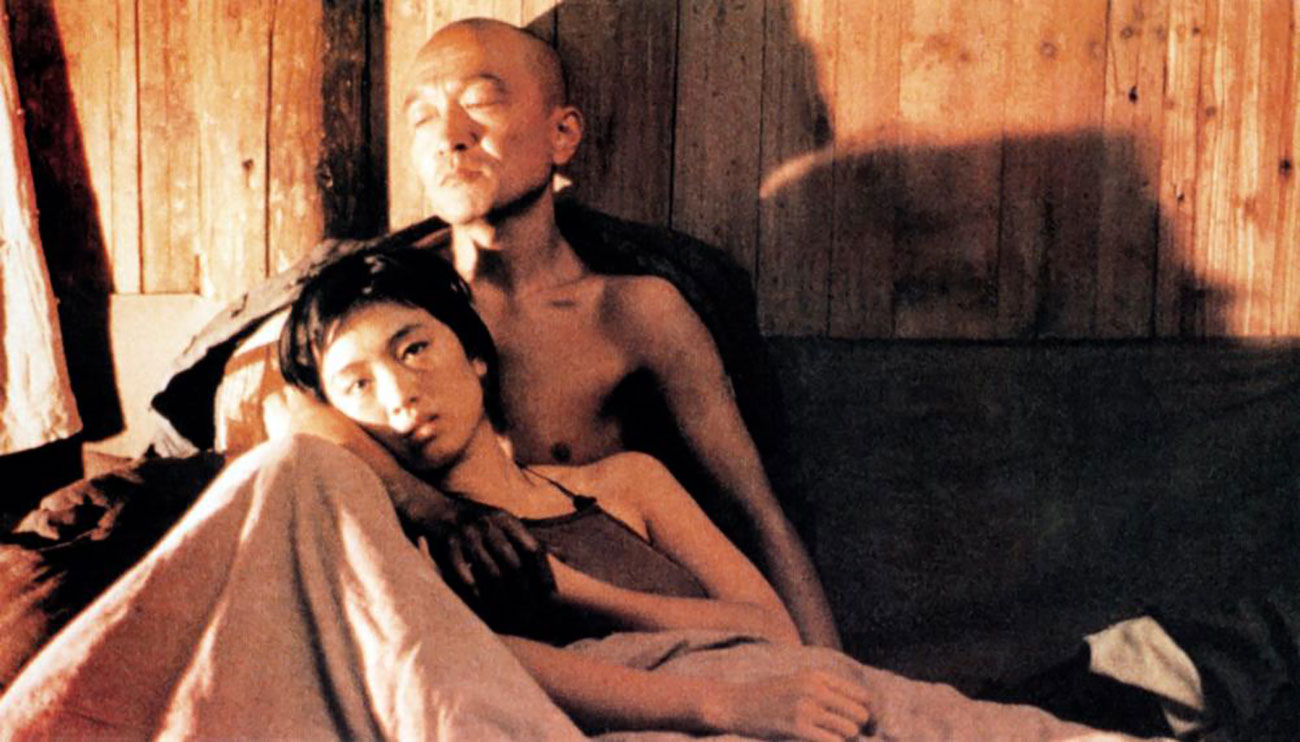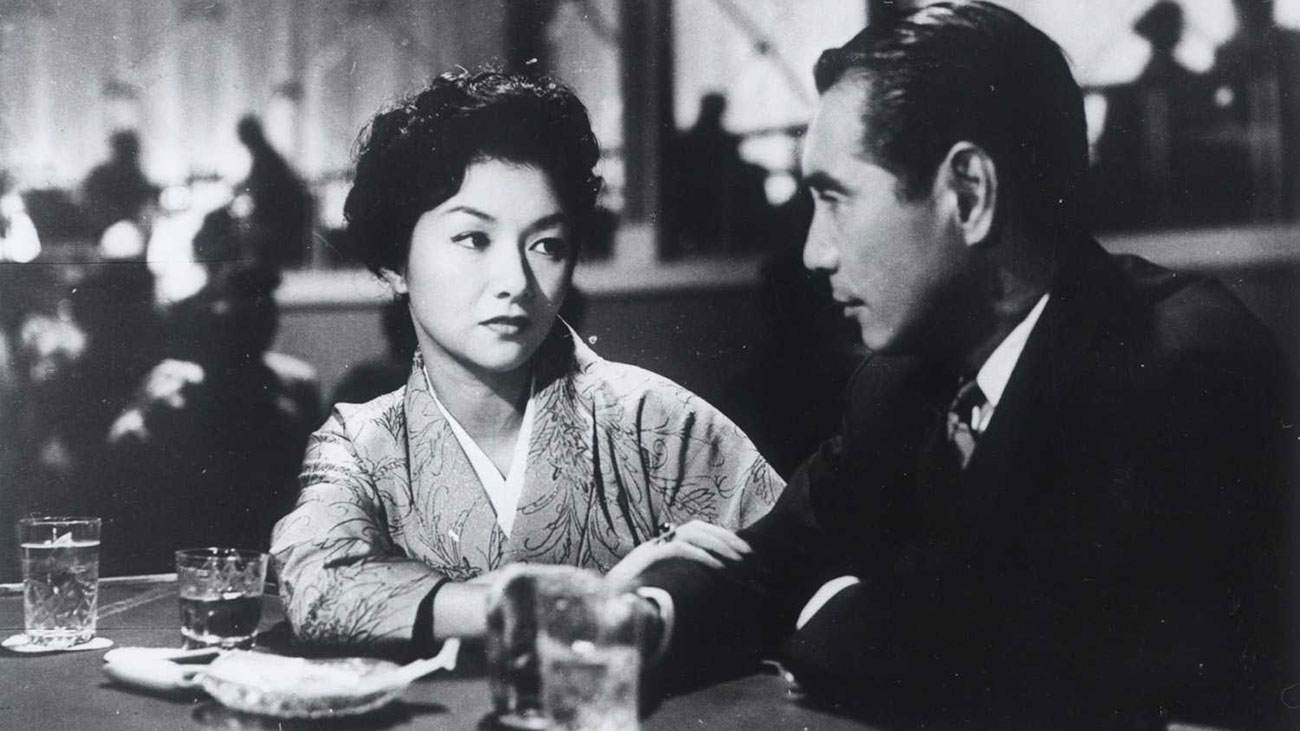One of Melbourne’s fine institutions for delivering and discovering quality cinema, the Melbourne Cinémathèque, has recently unveiled its program to the public and boasts yet another year of exceptional screenings.
Hardcore cineastes with a keen interest in Asian film will be delighted to know that this year’s program for the Melbourne Cinémathèque will include seasons dedicated to Japanese master, Mikio Naruse as well as the fifth wave of Chinese filmmakers.

Between May 27 and June 10, celebrate some of Chinese cinema’s most revered filmmakers in Songs of Colour and Light: Chinese Cinema’s Fifth Generation. Primarily focusing on some of the major works by the fifth wave of Chinese filmmakers (the first to have graduated from Beijing’s Film Academy after China’s Cultural Revolution), this season sheds light on the films and filmmakers that revitalised China’s cinematic output on the world stage. These films carried prestige with them everywhere they travelled but more often than not clashed with Chinese censorship which led to the eventual banning of some of these auspicious features within their home country.
The Melbourne Cinémathèque have selected major works as well as lesser viewed films as part of their focus on China’s Fifth Generation filmmakers. Films screening in this series include:
- Yellow Earth (dir. Chen Kaige, 1984)
- Ju Dou (dir. Zhang Yimou, 1990)
- The Horse Thief (dir. Tian Zhuanghuang, 1986)
- The Old Well (dir. Wu Tiangming, 1987)
- Swan Song (dir. Zhang Zeming, 1986)
- Blush (dir. Li Shaohong, 1995)

Following from this in the month of July is Sounds from the Mountain: The Films of Mikio Naruse, which focuses on the works of understated Japanese master, Mikio Naruse. Though less well known in the west as some of his contemporaries such as Yasujiro Ozu or Kenji Mizoguchi, Naruse’s features are quite highly regarded in Japan by its critics and were daring works in their own right. His films often challenged perceptions of modern Japanese life and femininity and have continued to influence several of Japan’s great filmmakers today including Hirokazu Koreeda and Yoji Yamada.
Films screening as part of Melbourne Cinémathèque’s season on Mikio Naruse include:
- When A Woman Ascends the Stairs (1960)
- Repast (1951)
- Flowing (1956)
- Mother (1952)
- Late Chrysanthemums (1954)
- Yearning (1964)
All of these screenings will be presented in 35mm film and have been donated by the National Film and Sound Archive, Australia and the Japan Foundation.
For more information on these seasons, or to simply to discover which other films and filmmakers will be highlighted throughout the year, head over to the Melbourne Cinémathèque’s official website.
